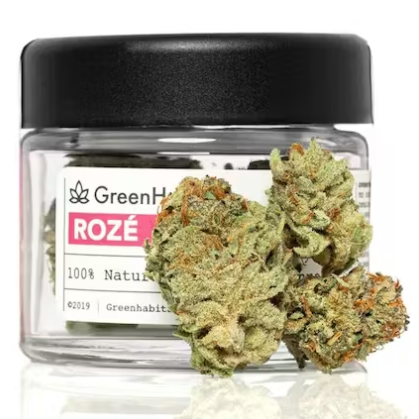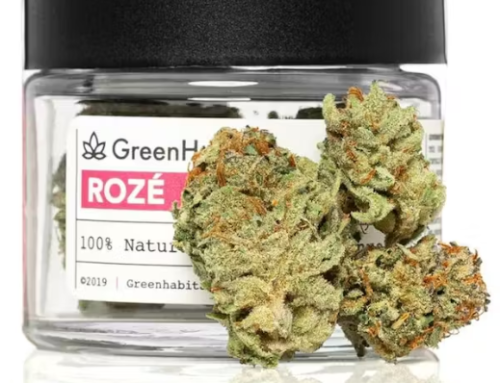The landscape of cannabis legalization and regulation in Los Angeles, California, stands as a testament to the evolving attitudes towards marijuana across the United States. As the most populous city in the state, Los Angeles has been at the forefront of the Green Rush, experiencing the complexities and challenges associated with cannabis legalization.
Historical Context
California has a long history with cannabis, dating back to its medicinal use in the 1990s. However, it was not until 2016 that the state passed Proposition 64, legalizing the recreational use of cannabis for adults aged 21 and older. This landmark decision marked the beginning of a new era for cannabis enthusiasts and entrepreneurs in Los Angeles.
Order Online for Cannabis Flowers from NaturalAid – Licensed Cannabis Weed Dispensary, Sunland, California
Regulatory Framework
The regulatory framework for cannabis in Los Angeles is multifaceted, encompassing various aspects of cultivation, distribution, retail, and consumption. The city has established the Department of Cannabis Regulation (DCR) to oversee and enforce these regulations. Key components of the regulatory framework include:
- 1. Licensing: Cannabis businesses in Los Angeles are required to obtain licenses from the DCR to operate legally. These licenses are categorized based on the type of activity, such as cultivation, manufacturing, distribution, retail, and testing.
- 2. Social Equity Program: To address the historical disparities in cannabis-related arrests and convictions, Los Angeles has implemented a Social Equity Program. This initiative aims to provide support and opportunities for individuals from communities disproportionately affected by the war on drugs.
- 3. Land Use Regulations: Specific zoning regulations dictate where cannabis businesses can operate. These regulations help prevent clustering and ensure that cannabis establishments are appropriately located within the city.
Challenges and Opportunities
Despite the progress made in cannabis legalization, Los Angeles has faced its share of challenges. Illegal dispensaries, unlicensed operators, and a thriving black market have posed regulatory and public safety concerns. Additionally, the taxation of cannabis products has been a point of contention, with some arguing that high taxes contribute to the persistence of the illicit market.
On the flip side, the cannabis industry has brought economic opportunities, job creation, and tax revenue to the city. The diverse array of cannabis products and services has also contributed to the city’s reputation as a hub for cannabis culture and innovation.




